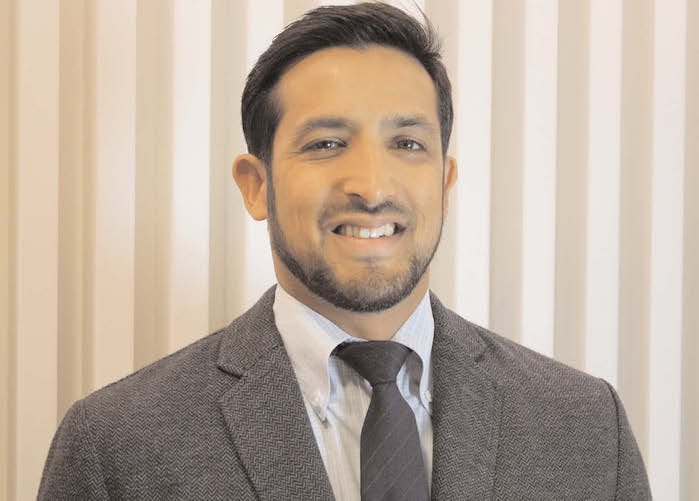
NEW YORK, NY (TIP): Less than two weeks after Gov. Andrew M. Cuomo abruptly shut down a commission he had formed to investigate political corruption in New York State, the United States attorney in Manhattan is sharply questioning the governor’s decision and is taking possession of all of the panel’s case files, according to letters sent to the commission’s members on April 3 and again on Wednesday, April 9 afternoon.
The move by the United States attorney, Preet Bharara, amounted to an unusual rebuke of Mr. Cuomo, a former prosecutor himself, who swept into office four years ago, promising to clean up what many have called a culture of corruption in Albany. Mr. Cuomo created the panel, the Commission to Investigate Public Corruption, in July, with great fanfare and a broad mandate to restore public trust in government.
But watchdog groups raised concerns about the panel’s credibility after reports about interference by the governor’s office, which leaned on the commission to limit the scope of its investigations; influence which subpoenas it would issue, and in some cases, stop the commission from issuing subpoenas to groups with ties to Mr. Cuomo. On March 29, Mr. Cuomo announced that as part of budget negotiations between his office and the Legislature, the panel, more commonly known as the Moreland Commission, was being disbanded.
Five days later, Mr. Bharara sent the commission’s chairmen and top officials a letter saying he was “disappointed to learn” of the commission’s “premature end,” acknowledging that its work was “aggressive, active and ongoing,” but incomplete, and calling its shutdown “difficult to understand.” In the letter sent April 3, Mr. Bharara asked the chairmen and the commission’s staff – all of whom were appointed by the governor – whether Mr. Cuomo had abandoned his commitment to fight corruption for a short-term political gain.
“The sequence of these events gives the appearance, although I am sure this is not the intent, that investigations potentially significant to the public interest have been bargained away as part of the negotiated arrangement between legislative and executive leaders,” he wrote. Mr. Bharara requested that commissioners and staff members preserve the panel’s investigative files. On Wednesday, in a letter addressed to the 24 members of the commission, Mr. Bharara reported that the panel’s chairmen – William J. Fitzpatrick, the Onondaga County district attorney, and Milton L. Williams Jr., a former state and federal prosecutor in Manhattan – had agreed to turn over the files.
The sudden turn of events raised the possibility that Mr. Cuomo’s dealings with the commission, which once seemed likely to burnish his reputation as a reformer, could now become an embarrassment for the governor. Responding to Bharara rebuke. Governor Andrew Cuomo said Thursday, April 10 that the ethics commission he empaneled last year was always intended as a “temporary” device to compel legislative action on ethics reforms. “The commission was always a temporary commission by design,” Cuomo told reporters in Rochester, where he was delivering a budget address. “It was never a permanent commission. It was created because the Legislature wouldn’t pass something called the Public Trust Act.” “Last session I said if they didn’t pass it, I would empanel a Moreland Commission. I also said when they do pass it I would disband the Moreland Commission,” he said.
Cuomo’s decision to disband the Moreland Commission was criticized on Thursday by Southern District U.S. Attorney Preet Bharara, who has announced his office will take possession of the records generated by the commission. In a radio interview, Bharara called the dissolution of the commission “premature,” because it had not yet finished its investigations. Cuomo said he “was not creating a perpetual bureaucracy” when he created the commission, to great fanfare. “We have plenty of enforcement mechanisms by and large,” Cuomo said, referring to district attorneys and U.S. Attorneys who prosecute corruption. “I don’t believe we needed yet another bureaucracy for enforcement. We needed laws changed.”
Asked by Thomas Kaplan of the New York Times if he thought Bharara was wrong to be concerned that the commission’s investigations were being aborted, Cuomo reiterated that it was always temporary. “By definition, this was the creation of a temporary commission. That’s what it was. It was created by definition for a short period of time,” Cuomo said. Kaplan pointed out that Cuomo’s executive order had created the commission to last through 2015. “No,” Cuomo said, before adding, “Yes, It had a two-year executive order. But it was created to spur the legislation and I said repeatedly, when the legislation is passed, the commission will be disbanded. Right? How many times did I say that? You heard it, how many times?” “You said it but-” Kaplan responded, before Cuomo interrupted. “So? That’s what it was and that’s what I did,” the governor said.
Attorney Ravi Batra has eulogized Preet Bharara for taking a tough stand on the issue. In a comment sent to The Indian Panorama, he said, ” “Kudos to US Attorney Preet Bharara who has acted to remove theatrics from Moreland Act use in Albany, and can look if controlling an independent Moreland Panel is legal or undermines public confidence in government. Moreland Act was intended to be a “nuclear option” against public corruption, not a trained palace puppy. It remains very troubling that our state government operates on record-less BBMS and email-deletions, thereby depriving our state archives of a real record of governance and being an in-fact secret government thwarting separation of powers.”





Be the first to comment